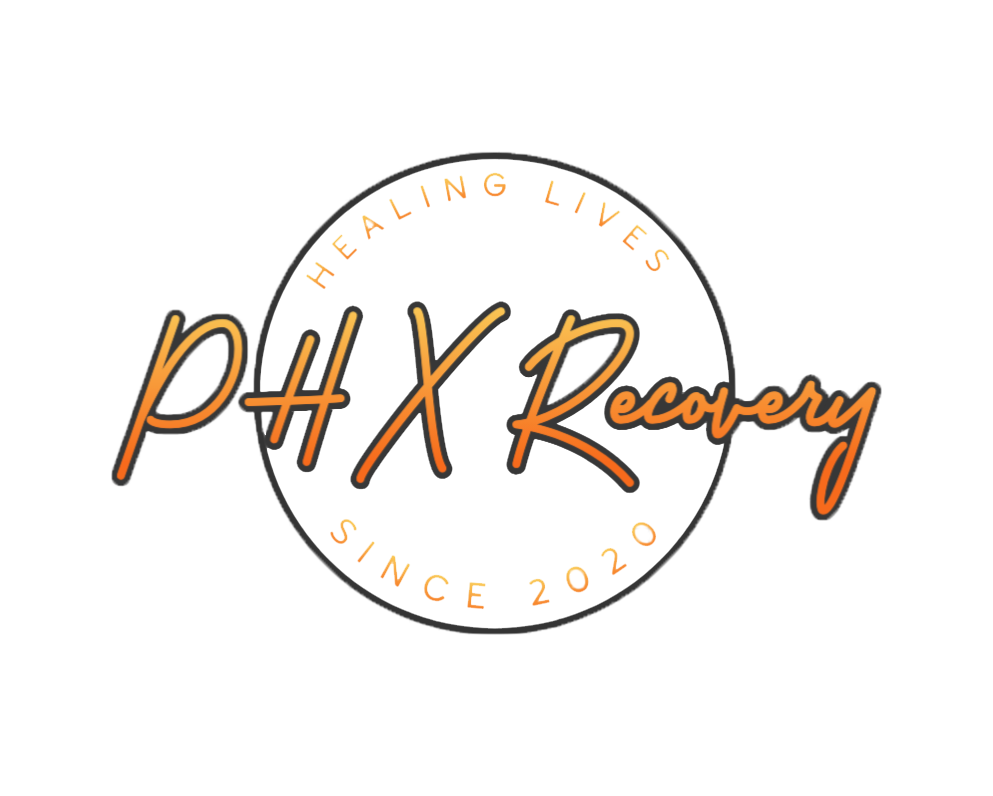What is Motivational Interviewing
Motivational Interviewing (MI) is a type of therapy that is often used in rehab treatment to help individuals overcome substance abuse and addiction. It is a collaborative and person-centered approach that aims to elicit motivation and build readiness for change within the individual.
The concept of MI was developed by psychologists William R. Miller and Stephen Rollnick in the 1980s, drawing upon theories of human behavior and motivation. It has since been widely recognized as an effective technique for treating various types of addiction, including alcohol, drugs, and even gambling.
At its core, MI is based on the belief that individuals have the ability to change their behavior when they are motivated to do so. This motivation can be sparked by a variety of factors, such as personal values, goals, and beliefs. The role of the therapist in MI is to guide and support the individual in discovering their own motivations for change.
One key aspect of MI is the use of open-ended questions to encourage self-reflection and exploration. This allows individuals to delve deeper into their thoughts and feelings surrounding their substance abuse. By exploring these underlying motivations, individuals can gain a better understanding of why they engage in addictive behaviors and what barriers may be preventing them from making positive changes.
How Motivational Interviewing Helps
Motivational Interviewing (MI) is a therapeutic approach that has been found to be effective in helping individuals struggling with substance abuse and addiction. This technique involves working collaboratively with clients to explore their underlying motivations for change and to help them build the confidence and commitment needed to overcome their addiction.
The primary goal of MI is to increase an individual’s motivation and readiness for change. This is achieved through a non-confrontational and non-judgmental dialogue between the therapist and client. By using open-ended questions, affirmations, reflections, and summarizing techniques, the therapist helps the client explore their thoughts, feelings, and behaviors surrounding substance use.
One of the key principles of MI is the belief that individuals have their own intrinsic motivation for change. This means that the therapist does not try to impose their own opinions or goals onto the client, but instead works to uncover and strengthen the client’s own motivations for change.
MI is also based on the understanding that individuals are often ambivalent about changing their addictive behaviors. They may recognize the negative consequences of their substance use, but they may also have conflicting feelings about giving it up. The therapist helps the client explore this ambivalence and work through any barriers or obstacles that may be preventing them from making positive changes.
Get Real Help.
Individuals struggling with various disorders often face challenges initiating their path to recovery independently. We have supported numerous individuals dealing with mental health issues and substance abuse. Many credit a loved one for introducing them to our outpatient rehabilitation program, marking the crucial first step towards healing.
90%
Of clients would HIGHLY recommend us
90%
Of alumni say their treatment was a success
85%
Of clients report that they
are sober after 6 months
FAQ
We've compiled a list of frequently asked questions to provide clarity on the experience and alleviate any remaining fears or anxieties you might have.
A typical day in addiction rehab involves a structured and supportive environment aimed at promoting physical, mental, and emotional healing. Residents typically wake up early for a healthy breakfast before starting their daily schedule of therapy sessions, group activities, and workshops that address the root causes of their addiction. These may include individual counseling, group therapy, family therapy, exercise classes, educational lectures, and recreational activities. The day is also filled with nutritious meals, breaks for reflection and relaxation, and time for personal reflection through journaling or meditation. In the evening, there may be peer support meetings or 12-step programs to participate in before turning in for the night. Each day at our facilities is carefully planned to provide a well-rounded approach to recovery and help individuals establish healthy habits and coping mechanisms.
Typically, a detox period lasts around five days, though it can span from three to 10 days. The duration of detox is individualized, influenced by factors like the substances used, amounts consumed, duration of use, frequency, and method of administration. These factors collectively determine the necessary length of stay for you or your loved one.
Upon entering addiction treatment, there are certain items that are allowed and encouraged to bring for your comfort and well-being. These may include comfortable and appropriate clothing, personal hygiene products, prescription medications (with proper documentation), and journals or books for personal reflection. However, there are also items that are not allowed in addiction treatment facilities. These typically include any substances, such as drugs or alcohol, as well as weapons and anything that may be considered a distraction from the recovery process. Checking with the facility we've chosen in advance for a detailed list of permitted and banned items is crucial to ensure a seamless transition into treatment.
With Drug Abuse and Addiction, we understand that addiction is often closely tied to mental health issues. That's why our centers for drug abuse and addiction also prioritize addressing underlying mental health concerns. Our team of professionals is equipped to provide support and treatment for a variety of mental health disorders, such as depression, anxiety, PTSD, and more. We believe in a holistic approach to recovery, and this includes addressing both physical and mental health needs. Our admissions team is dedicated to finding the right facility that can offer comprehensive care for all your needs, ensuring a successful recovery journey. We are here to support you every step of the way towards lasting sobriety and improved mental well-being.
Our admissions team at Drug Abuse and Addiction is dedicated to helping you discover the ideal treatment center for your requirements. Selecting a rehab center can be daunting, which is why our team is here. We are committed to assisting you in navigating the process and locating the perfect center for you or your loved one. Comprised of caring and knowledgeable professionals, our admissions team comprehends the intricacies of addiction and the significance of selecting the appropriate treatment. We consider your unique needs, preferences, and any co-occurring conditions to match you with a facility that provides tailored care. You do not have to face this alone – our admissions team is committed to aiding you at every stage toward a successful recovery.
Watching a loved one struggle with addiction can be heartbreaking and overwhelming. You may feel helpless and unsure of how to help them. The first step towards getting your loved one the help they need is to have an open and honest conversation with them about their addiction. Express your concern and offer your support, but also set boundaries and encourage them to seek professional help. It may also be helpful to research treatment options with our team and have resources readily available for your loved one.
Remember to remain patient, understanding, and supportive throughout this process – recovery is a journey and it will take time. With the right approach and support, you can help your loved one find the path to a healthier and happier life free from addiction. So don't hesitate to reach out for guidance and support from our team at Drug Abuse and Addiction. We are here to help you and your loved one every step of the way towards recovery.
No matter how dedicated you are to your recovery journey or how determined you are to maintain sobriety for life, there's a possibility of relapse at some stage. Statistics from the National Institute on Drug Abuse indicate relapse rates during recovery range from 40% to 60%. Post-relapse, it's common to feel shame or remorse. You might even contemplate surrendering to addiction rather than persevering to combat the urge to use. While these feelings are normal, they can pose obstacles to achieving a drug-free life. Instead, view a relapse as a learning opportunity; refine your relapse prevention strategy and identify triggers. By delving into the underlying reasons for the relapse, you'll establish a foundation for a recovery that ensures you come back even stronger.
The initial step involves assessing whether revisiting rehab is necessary. If it was an isolated occurrence and you're dedicated to evaluating or adjusting your recovery plan, returning to an inpatient facility may not be essential. This setting provides the patient with hands-on care and ongoing monitoring. However, falling back into a persistent pattern of substance misuse may indicate the need for reentry into a structured treatment regimen. If conversations about substance use arise, socializing with individuals who encourage drinking, or using substances as a coping mechanism resurface, it signals a more significant issue requiring prompt intervention.
Upon reentering treatment post-relapse, the primary focus should be on reintegrating into daily life. Opting for a sober living environment for a few months post-treatment could be the most effective means to prevent relapse, as accountability and structure aid during the initial vulnerable phase. Additionally, having an outpatient therapy plan in place for ongoing support post-rehab is beneficial.

Verify Your Insurance With Us
Freeing yourself from Addiction doesn't have to be hard. Take the first Step and begin filling out the form, it's the initial phase in achieving a healthy recovery. We offer the necessary guidance and professional care crucial during the early treatment stages.













